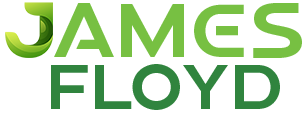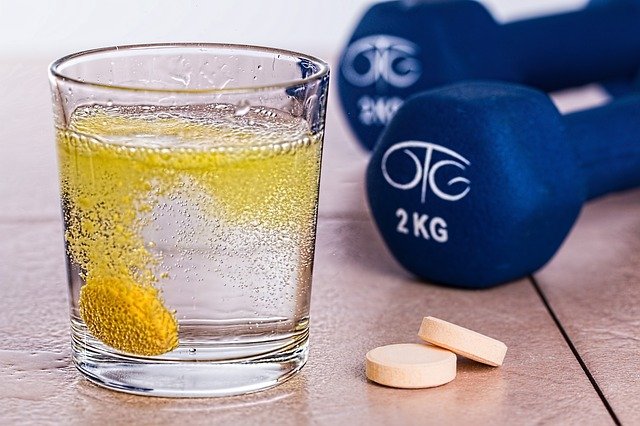Tasty Gelatin Dishes Meet Weight Loss Surgery "Protein First" Nutritional Requirements
Just had weight loss surgery and have been instructed to follow a high protein diet but don’t know where to begin? Put gelatin on your menu. In fact, gelatin is a high-grade protein rich in essential amino acids. Gelatin (defined here as the ingredient before being made into a jellied salad or dessert) is 84-90% protein. The remaining composition includes mineral salts and water. Most patients of gastric surgery will note that one of their early “meals” served in the hospital was cool refreshing wiggly gelatin.
What is Gelatin?
According to the Gelatin Manufactures Institute of America, GMIA, “The raw material for gelatin manufacture is the naturally occurring protein collagen, which is commercially sourced from the meat industry.” Put a bit more graphically, gelatin is taken from the skin, connective tissue, and bones of animals. While this may be unpleasant to mentally digest, this source of protein is what makes it easily digestible. Gelatin is not a chemical or chemically modified substance. It is likely one of your early meals following gastric surgery was gelatin. As an easily digestive protein with nearly every essential amino acid it is an outstanding nutrient to facilitate recovery and healing.
Does this have you feeling queasy about eating gelatin that comes from an old pile of bones? Not to worry – the US Food and Drug Administration has your back! As recently as 1997 the FDA reviewed and updated processing standards for the manufacture of gelatin. All producing members of the GMIA abide those standards.
Safe processing:
Commercial gelatin is manufactured in modern facilities that are highly regulated to operate under strict health and safety standards.
Food grade gelatin is typically produced in a powdered or granulated form. Slightly yellow to light tan in color, it is a rather tasteless and odorless substance. When kept in a sealed container in an environment of consistent temperature and humidity gelatin is stable.
Hair & Nail Health:
It has long been known that gelatin supports nail and hair growth and that’s not just beauty shop gossip. Blame it on those amino acids again! Nails and hair are protein and the amino acids in gelatin provide the building blocks to make them stronger, grow more quickly and reflect your good health with bounce and shine. Adding gelatin to your diet during the first year following weight loss surgery may help to lessen the loss of hair reported by so many bariatric patients. Gelatin is on the approved foods list for all post-surgery dietary stages so give it a chance to love you back.
Food, Pharmaceutical, Photo: Gelatin has traditionally been used in three major areas: food, pharmaceutical, and photographic industries. In the pharmaceutical health industry, gelatin is used to make the shells of hard and soft capsules for medicines, dietary/health supplements, syrups, etc. It is highly digestible and serves as a natural protective coating for medications.
Vegetarian Gelatin:
Dedicated vegetarians and vegans will find plant source gelatin in their health food store. Agar is one form of veggie gelatin made from red algae. It is available as plain gelatin or in a variety of fruit flavors. Read the package for specific setting instructions as plant-based gelatin behaves differently from animal based gelatin. Vegetarians should also check vitamins and medications to ensure they are prepared with vegetarian gelatin.



Comments are closed.